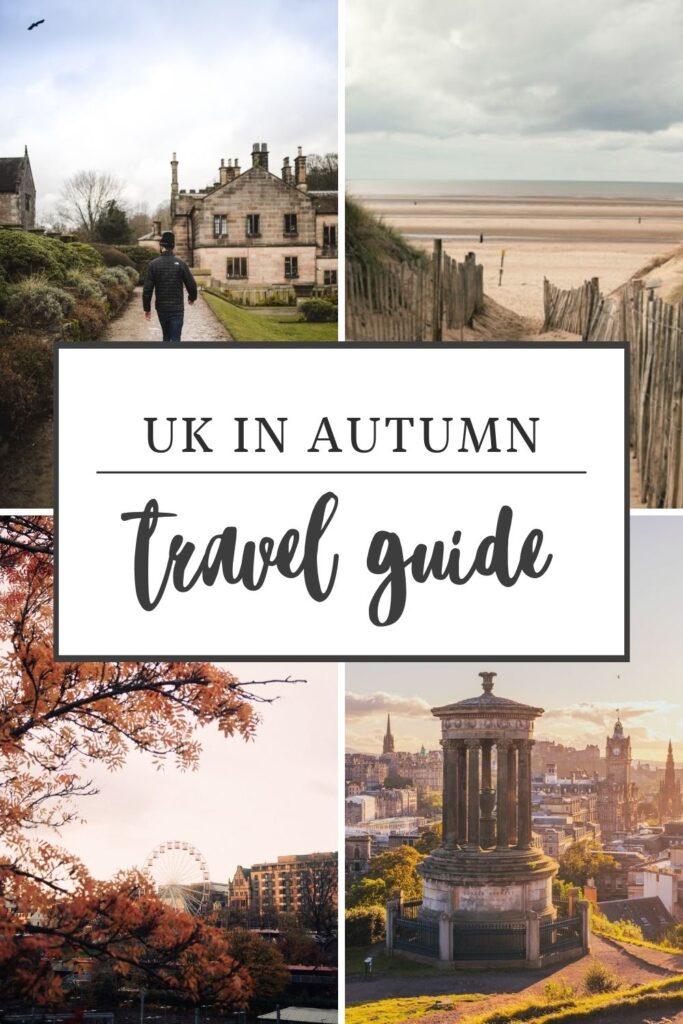In 2024, the Home Office implemented a series of changes to the UK entry requirements, with the goal of curbing immigration abuse, reducing net migration, and, by the end of 2025, digitising the immigration system.
The period between 2024 and 2025 will see a significant shift in how individuals and families from foreign countries can enter the UK, and it’s essential to be informed and ready.
Changes to the UK Entry Requirements for 2024 and 2025
Here is a breakdown of the changes to the UK entry requirements and their implications for travellers:
Changes to Business Visitor Permission
On January 31, 2024, the UK government expanded the activities visitors can engage in in the country.
In addition to the existing list of permitted business activities for visitors, visa holders can now “undertake activities relating to their employment overseas remotely from within the UK, providing this is not the primary purpose of their visit.”
This new caveat permitting remote work is not a digital nomad-style permission. Business visitors must still intend to enter the UK for permitted work engagements and not solely for remote working purposes. Any remote task they perform must be for their overseas employer and not for a UK company.
Additionally, under the old rules, visiting scientists and researchers were permitted to conduct research for their employer or independently and were distinguished from academics who were only allowed to carry out research when on sabbatical leave from their home institution.
However, under the new rules, academics applying for a 6-month visitor visa can now “collaborate or conduct research, either for a specific project which directly relates to their employment overseas, or independently” without being on sabbatical leave.
Furthermore, visitors entering the UK to work for a subsidiary or branch of their overseas organisation were previously not permitted to work directly with the company’s clients. Under the new changes to the immigration rules, working directly with clients is allowed if:
- The employee’s movement is in an intra-corporate setting, and any client-facing activity is incidental to their employment abroad and
- These activities are required for the delivery of a project or service by the UK branch of the Visitor’s employer overseas and are not part of a project or service that is being delivered directly to the UK client by the Visitor’s employer overseas.
Integration of the Permitted Paid Engagement Visa into the Standard Visitor Route
On January 31, 2024, the Permitted Paid Engagement (PPE) route was absorbed into the Standard Visitor Visa route, eliminating the need for a separate PPE visa.
Visitors intending to engage in a permitted paid engagement can now apply for a Standard Visitor Visa and declare the engagement in their immigration application. Although the Visitor Visa is valid for 6 months, the permitted engagement must be carried out within 30 days of arrival in the UK, which is the same duration as the old PPE Visa.
Afterwards, visa holders can engage in other visit-related activities for the remaining duration of their stay.
Introduction of the Electronic Travel Authorisation
The Electronic Travel authorisation scheme, which commenced for Qatari nationals in November 2023 and countries in the Gulf Cooperation Council in February 2024, has been expanded to accommodate over 80 visa-exempt countries by September 2024.
The government introduced this scheme to digitise the immigration system and tighten border security.Citizens of visa-exempt nations must apply for an ETA to enter the UK for short trips of up to six months.
Other non-Europeans can begin applying for the ETA from November 27, 2024, and they will need to present it when entering the UK starting January 8, 2025. Europeans will require the ETA from April 2, 2025, but can apply from March 5, 2025.
Restriction on Dependents of Students and Care Workers
In an effort to reduce net migration levels, the UK government banned international students not in a post-doctoral program or sponsored by the government from bringing their dependents to the UK, starting January 1, 2024.
Additionally, on March 11, 2024, senior care workers and care workers were also banned from sponsoring their dependents. Family members of these categories of visa holders must apply separately for a UK visa before being allowed into the country.
Increase to the Immigration Health Surcharge
The Immigration Health Surcharge, a mandatory payment for certain foreign nationals to access the UK’s National Health Service, increased on February 6, 2024. The new rates are £1,035 annually for adults (a 66% increase from £624) and £776 annually for students, minors, and applicants for the Youth Mobility Scheme (a 65% increase from £470).
Increase in Minimum Salary Thresholds for Family and Skilled Worker Visas
The government also increased the minimum income requirements for the Skilled Worker and Family routes on April 4th and 11th, respectively.
UK citizens and settled persons intending to sponsor their spouses or partners under the Family Visa must earn £29,000, an over 50% increase from the old rate of £18,600. On the other hand, applicants for the Skilled Worker Visa must earn £38,700 per annum, a nearly 50% increase from the old threshold of £26,200, to be eligible for the visa.
Revamp of the Shortage Occupation List
The Shortage Occupation List (SOL) was replaced with the Immigration Salary List (ISL) on April 4, 2024. The ISL abolishes the 20% discount on income requirement for certain roles that the SOL offered.
Health and care roles on the SOL were discounted at £20,960. However, for roles on the ISL, employers must pay a new minimum income of at least £23,200 or the occupation-specific threshold for the role, whichever is higher.
How Travelers Should Prepare to Enter the UK in 2024 and 2025
In light of the updated entry requirement, foreign nationals traveling to the UK should determine what type of visa they need and understand the requirements. Visa-exempt nationals traveling on short trips can still enter the UK without the ETA until the end of 2024. However, they must prepare ahead of early 2025, when the ETA will be required.
Applicants for a UK visa should also gather their supporting documents, pay the appropriate visa fees and health surcharge required, and book a biometric appointment to complete the application process.
READ MORE UK TRAVEL GUIDES FROM WANDERLUSTERS





